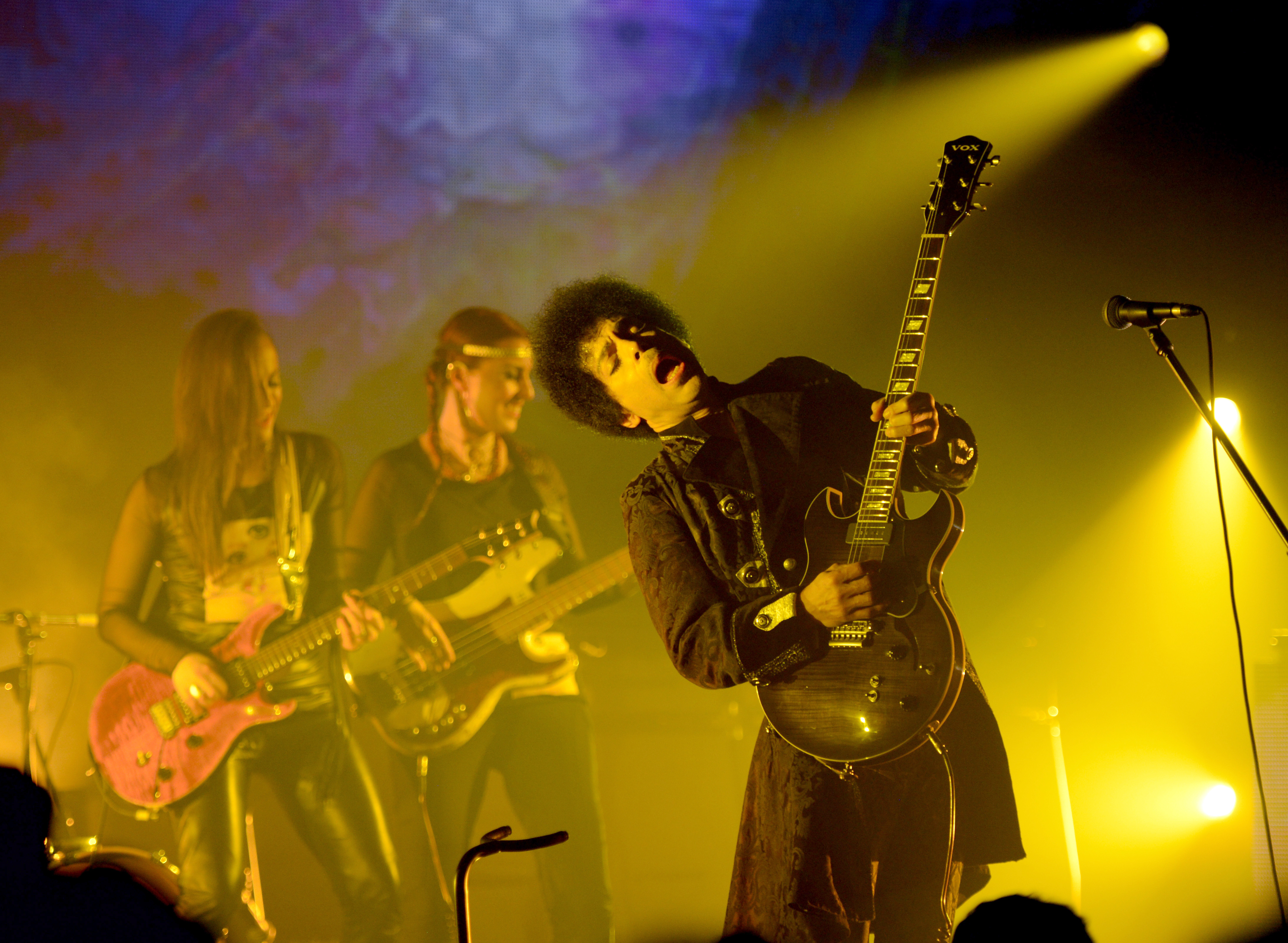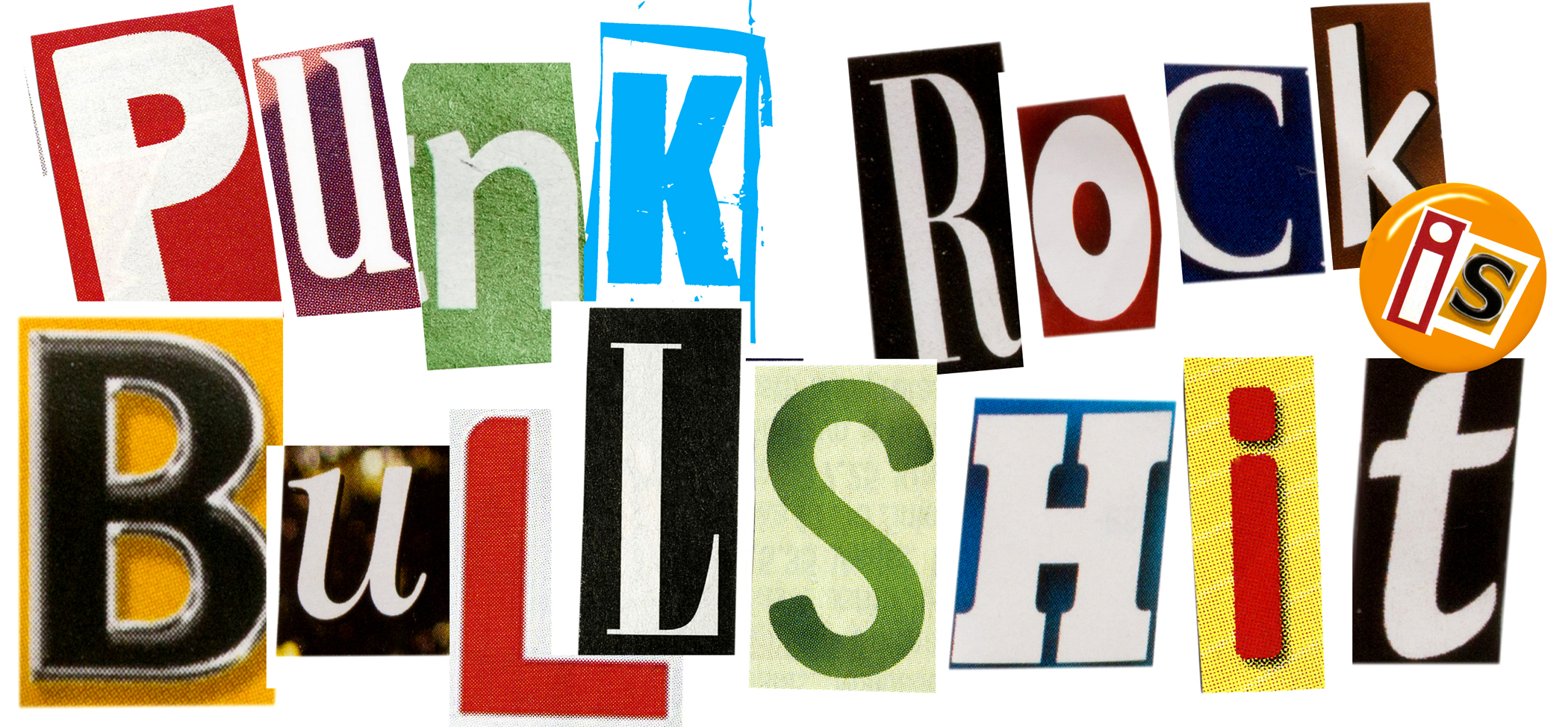You wouldn’t think music journalism would be a difficult job. It’s a wonder, therefore, that so many music journalists cop the weary cynicism of WWI trench medics, as though proffering their opinion about other people’s creations has drained them of any hope for humanity.
Bitter attitudes are surprisingly common in the trade; music journalists who play the part of hard-bitten cynics think their sarcasm lends authority to their opinions, when in fact it adds meanness to what should be a lighthearted game. There’s nothing wrong with offering criticism and hard truths—that’s part of the job—but at the end of the day people don’t want to learn the reasons to hate something, they want to be turned on to something good.
Listening to music all day isn’t easy, and forming an opinion about it all is even harder. Trends come and go, and suddenly you’re hearing the banjo on every new track, or every band sounds like Beach House. It’s tempting to start dismissing things as imitative or derivative, just to help you plow through the stacks. This band sounds like Green Day; that band sounds like Talking Heads—pretty soon you’ve worked your way to the bottom of the pile and passed judgment on it all without really hearing any of it.
It’s hard to stay enthusiastic and interested after hearing thousands of uninspiring tracks. But staying engaged is crucial to the job, much more than having smart quips or seeming worldly and wise. Good music writers bring their experience to bear without it tainting their ability to hear with fresh ears. On the whole it’s a job that offers a lot of satisfaction relative to discomfort, but it is a job and has requirements, open-mindedness chief among them.
The problem is that new journalistic content is required constantly, and exciting stuff happens somewhat infrequently. When Sigur Rós plays a free show at the local college, you know what you’re going to write about that week. Whew. But the following week it’s back to the grind, and it’s only been a month and a half since you last wrote a think piece about Bob Dylan.
A surprising number of writers just phone in their weekly content, reiterating press releases, covering the Taylor Swift beat, and biding their time writing filler articles about bands they either don’t, or used to, care about. These are hacks, like architects who design lifeless buildings or cops who never get out of their cars. It’s a drag, not because music writers have some sacred mission, but because it’s an opportunity lost.
As a musician, I can be difficult to interview because I bristle at being asked generic questions. Writers who haven’t prepared or come with a list of stock questions are often surprised to find I won’t answer them, or answer them with long explanations of why their questions are stupid. I’m a small enough artist that I can’t afford to have an article about me be boring. In most cases, readers assume a boring article means that the musician was dull or uncooperative. So from my standpoint, when an interviewer starts asking me what my favorite color is, I get disappointed on behalf of the reader. “Who cares what my favorite color is? Are you writing for Dora the Explorer magazine?”
My pet peeve is the best/worst question. “What’s your best/worst tour experience?” What’s your most/least favorite new record?” “What’s the coolest/lamest place you’ve ever played?” This is trawling with a chum bucket, throwing fish guts off the stern and hoping someone says, “Our best touring experience? Wow, definitely the time we dressed like Nazis and had sex with John Mayer and Ryan Adams in an abandoned missile silo. But don’t print that.”
Music writing should be enjoyable, both to write and to consume. The best music criticism rises to the level of art itself, enjoyable to read for its own sake and thought-provoking even if the music in question is unfamiliar. There is writing of this caliber happening in the world today, and Seattle produces a good share of it, both in print and on blogs. But the median level of music writing has declined, much of it hovering consistently at the level of bratty piss-taking.
The number of reviews I’ve read in the last year that contain the word “meh” just boggles my mind, as though we’re expected to consider the writers’ own boredom more fascinating than the music they’re charged with critiquing. Readers should demand better. One way to do this is to respond positively to things you’ve enjoyed reading, to become part of the conversation about the music you love. Writers work harder when readers push back.
John Roderick is the singer and songwriter for Seattle’s The Long Winters.








